IPI: Emergency COVID-19 measures must not be used to roll back media freedom
"In this age of disinformation, the public needs news that it can trust. It is critical at this stage that governments support the work of independent media, which are crucial allies in the fight against COVID-19."
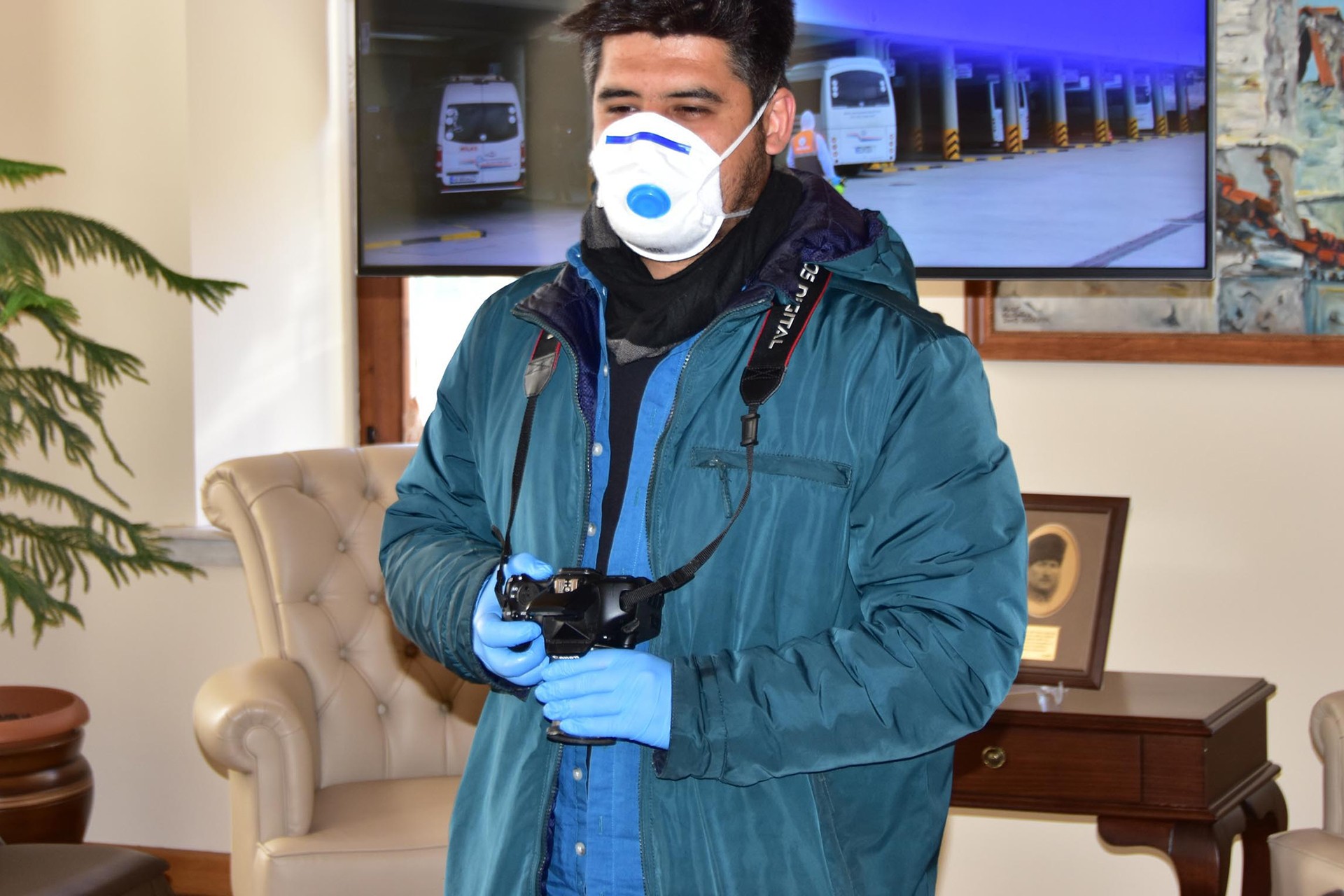
Fotoğraf: Cavit Akgün/DHA
The International Press Institute (IPI), a global network of editors, media executives and leading journalists for press freedom, today urged governments worldwide to recognize the crucial role of independent news media in the coronavirus pandemic and to ensure that emergency measures to tackle the disease are not used as a pretext to censor news and information on- and offline or implement regressive regulations against media freedom.
“First and foremost, we recognize that the COVID-19 coronavirus poses a major threat to global public health and that governments around the world have been forced to implement emergency measures to protect the health of their citizens”, IPI Executive Director Barbara Trionfi said.
“The free flow of independent news is more essential than ever in this situation, both in informing the public on vital measures to contain the virus as well as in maintaining an open dialogue and debate on the adequacy of those measures, which is essential for winning the necessary public trust for them.”
She added: “In this age of disinformation, the public needs news that it can trust. It is critical at this stage that governments support the work of independent media, which are crucial allies in the fight against COVID-19.”
At the same time, Trionfi expressed clear concern about the potential for the authorities to use the crisis to introduce draconian new curbs on rights, including free expression, that could outlive the current situation.
“This pandemic is seeing some of the most wide-ranging restrictions on individual freedoms in peacetime. We therefore urge all states to ensure that any measures taken to tackle COVID-19 and that infringe on fundamental rights are necessary, proportionate, temporary and limited to solving the immediate health crisis”, she said.
“As the death toll mounts, economic hardship spreads and the public grow restive about restrictions on their rights, the temptation to control media scrutiny by governments will be, in some cases, overwhelming. This is especially the case in authoritarian counties. It is imperative that the health crisis not be used as an excuse to rush through regressive regulations that could affect independent media coverage of the crisis and its consequences, and potentially remain after its end to limit media freedom and silence critical voices.”
Trionfi said IPI called on all governments to work with media and ensure journalists are enabled to do the best job they can in reporting the health crisis. This includes:
Guaranteeing fair and equal access to journalists and media to all information related to the health crisis. Where health measures preclude physical access such as to press conferences, alternative access must be made available.
Protecting freedom of movement for media and access to decision makers, health care professionals and others combatting the pandemic.
Ensuring no emergency powers or regulations are used to restrict media freedom and the rights of journalists now, or later.
Ensuring government representatives and health experts are provided space and time on the airwaves to inform citizens while protecting journalists’ right to scrutinize, and where necessary, criticize decisions.
Not recklessly misrepresenting media scrutiny as disinformation or misusing the crisis to restrict or punish critical media.
Ensuring that journalists on the front line of reporting the health crisis have access to proper medical protection.
“IPI remains as committed as ever to ensuring that any act to suppress the free flow of news and information will pass neither unnoticed nor unquestioned – not despite this exceptional situation but precisely because of it”, Trionfi added. “In the coming weeks and for the entire length of the ongoing crisis, IPI will systematically monitor restrictions on media freedom imposed as a consequence of the crisis and share this information on our website and social media platforms.” (EVRENSEL DAILY)










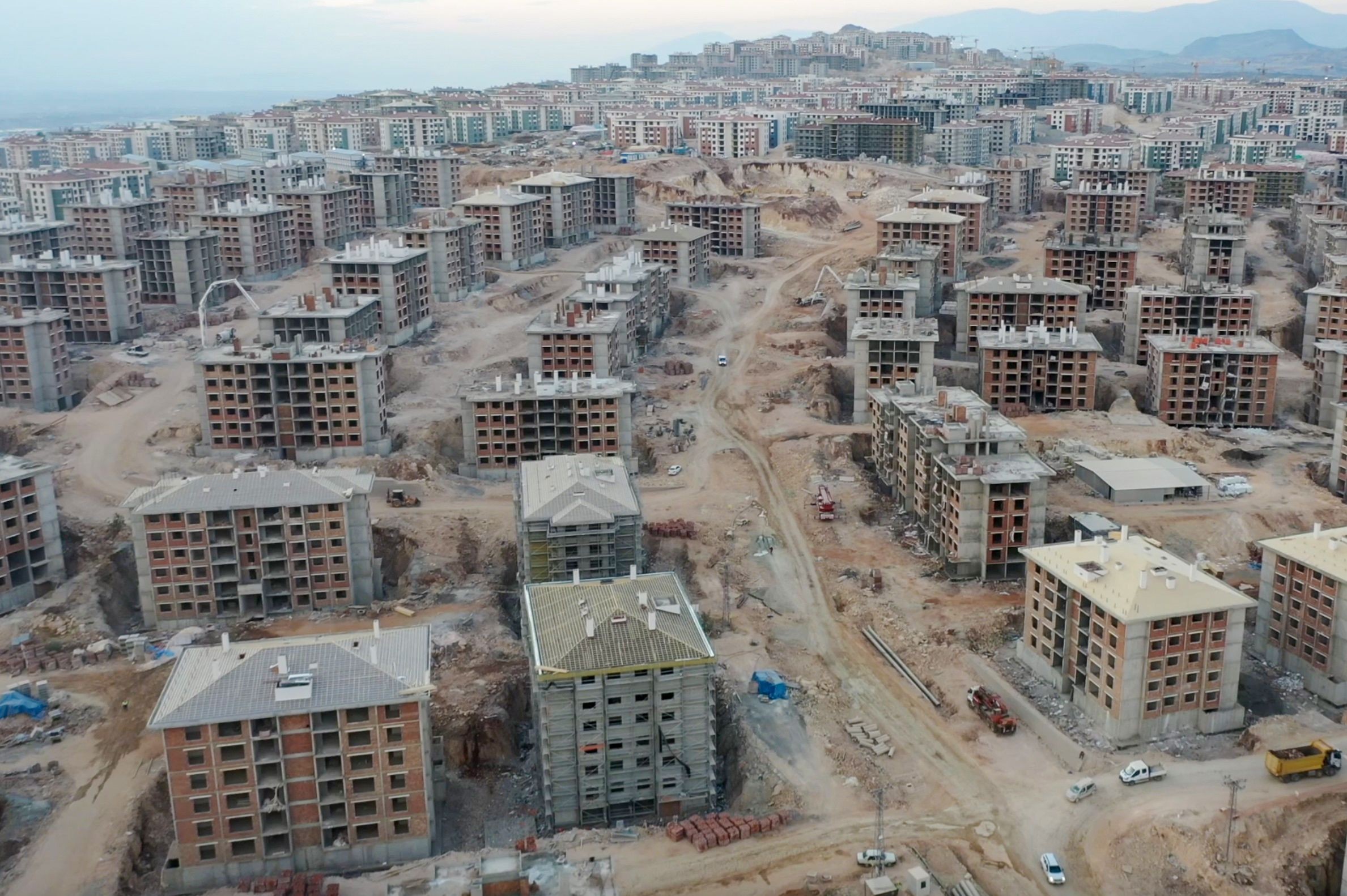
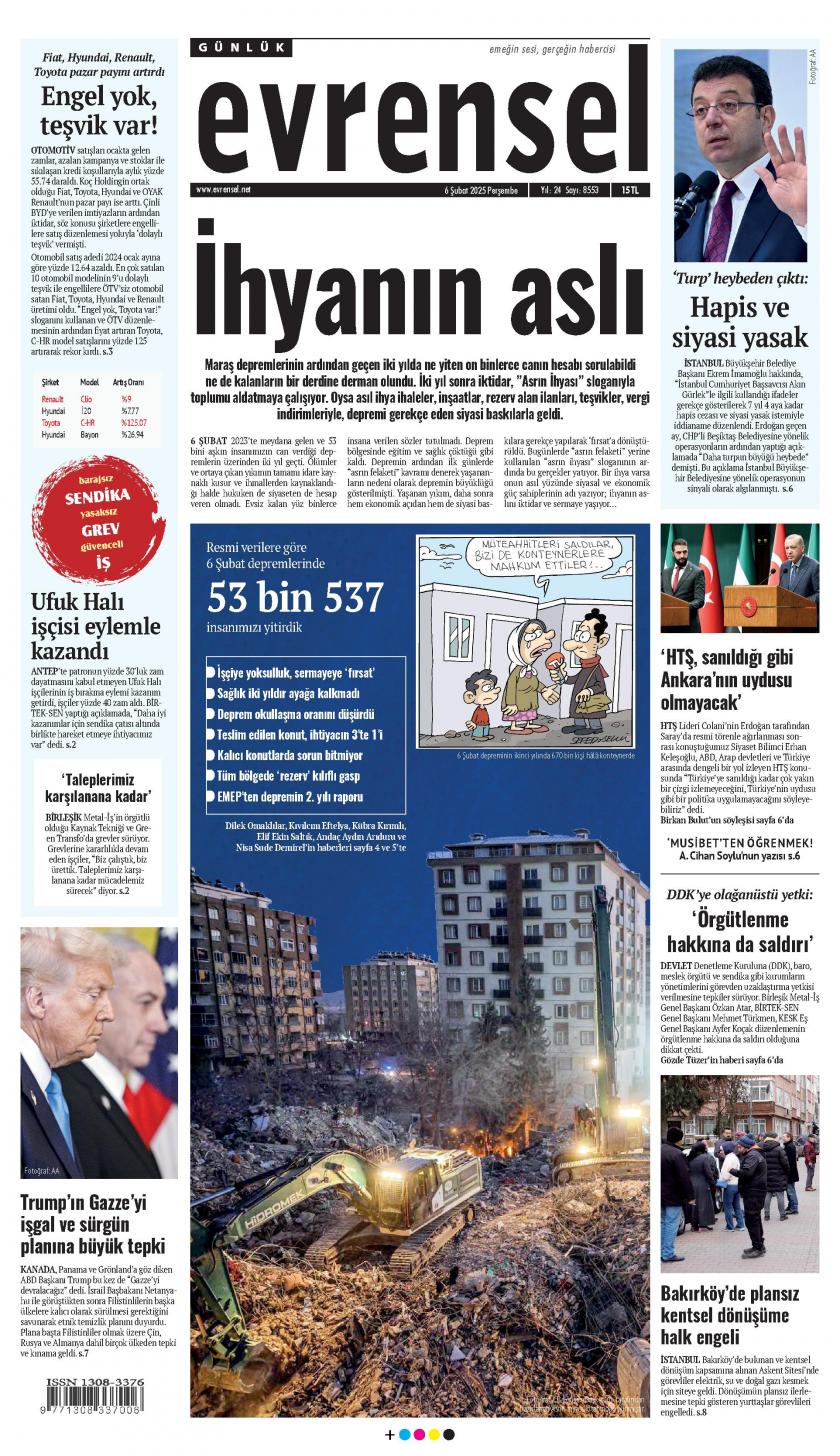
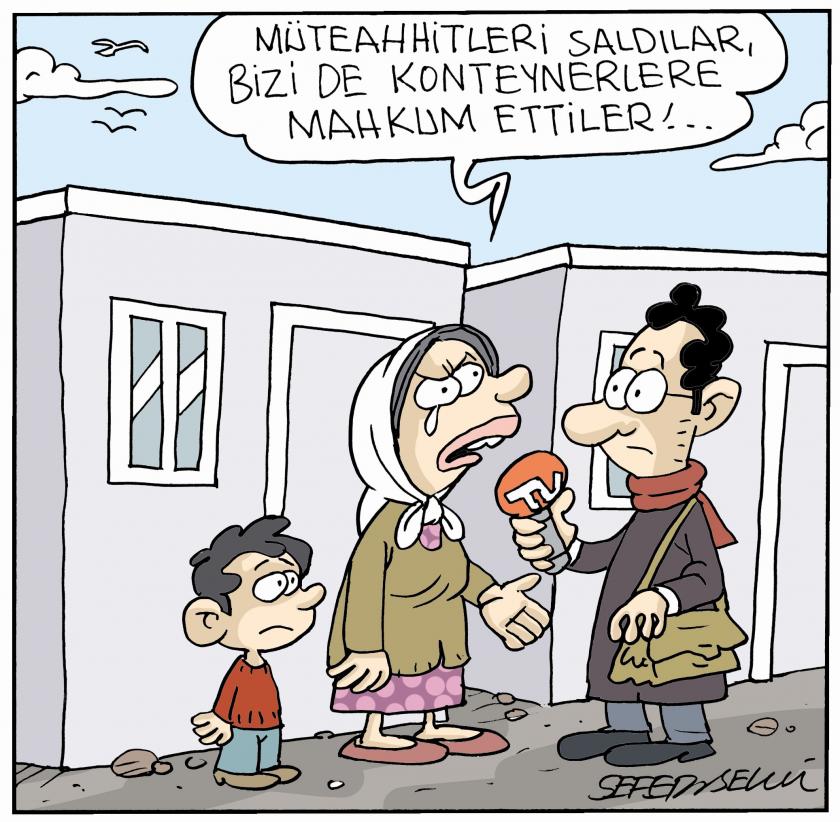
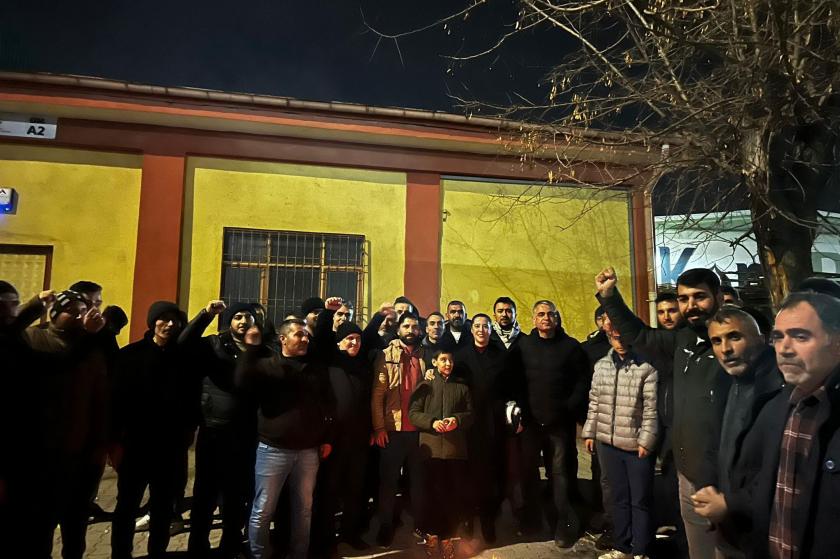

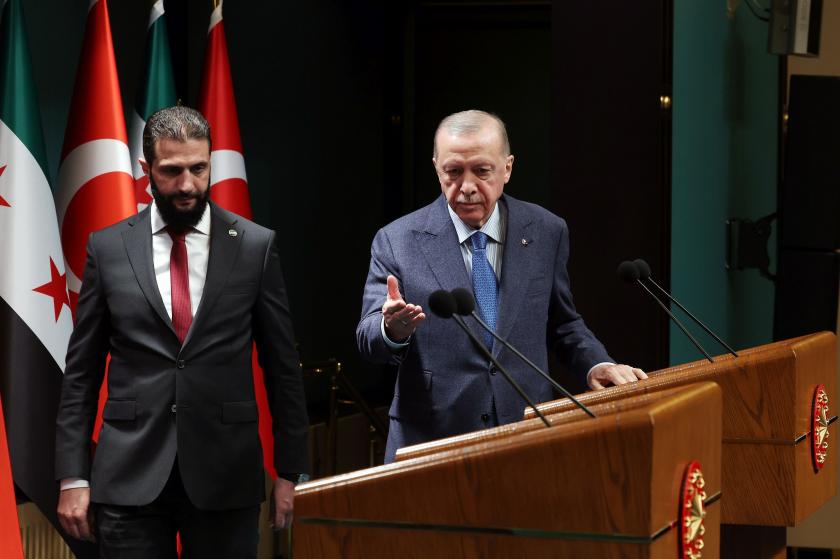
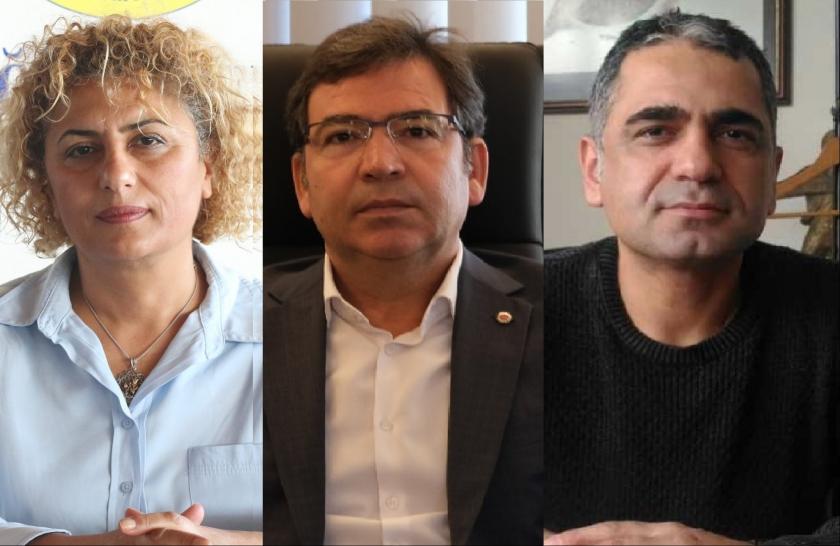
Follow Evrensel